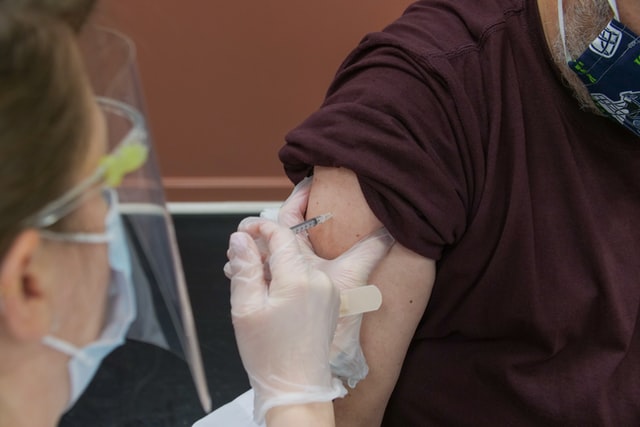Scientists in Spain recently unveiled a vaccine that’s able to temporarily decrease the growth rate of HIV. The team of scientists, headed by Dr. Josep Maria Gatell, has been developing the vaccine at the Clinic Hospital in Barcelona for the past five years. The new vaccine was able to decrease HIV levels in patients’ blood around 90 percent by the end of the 12 week vaccination period. This vaccine is designed as a treatment to the disease opposed to being a preventative measure or cure.
Teams of scientists worldwide have been diligently working to develop a therapeutic HIV vaccine for some time now. The team in Barcelona believes that the potential upside of this new vaccine could be very promising. The vaccine was tested on HIV patients who were being treated with antiretroviral medications. The goal in designing this vaccine was to help bolster the immune system’s ability to ward off the HIV disease. Gatell noted that HIV typically utilizes dendritic immune cells to spread the infection.
The scientists in Barcelona discovered that delivering a deactivated virus to the dendritic cells of an HIV patient can significantly reduce the infection in the body. However, even with a reduced threat of infection, HIV patients need to remain responsible and diligent in using protection to lower the chance of transmitting the disease. The only downside to this approach is that this therapeutic treatment is not a permanent solution. Most of the patients that participated in the trial needed to return to their antiretroviral regimen after about a year. However, Gatell notes that the silver lining for these trials is the indication that vaccines can in fact be effective in fighting HIV.
Photo Credit
Photo Credit
Gatell stated that although the vaccine cannot the prevent the viral load from reappearing when the treatment ends, it does reduce the reappearance of the virus by 10 to 15 fold. This dramatic decline in reappearance leads Gallet to believe that a therapeutic vaccine could prove to be effective over the long-term. These vaccines need to be specifically tailored to each patient. The team’s central goal is to create a therapeutic treatment that can serve as an alternative choice for HIV patients that need expensive antiretroviral medications to stay alive. According to official statistics, there are 140,000 people with HIV currently living in Spain. Barcelona hosts one of the largest gay and lesbian communities worldwide; almost 25 percent of the gay men in Barcelona are HIV positive.
The team at Clinic Hospital is also working on a second vaccine that is designed to neutralize antibodies. Attempts to develop this type of vaccine have been historically unsuccessful because of how well the virus is able to mutate and flourish. According to a graduate researcher from Harvard University, this second vaccine has proven to be effective in fighting different types of infectious disease around the world.
This second type of vaccine is currently in the developmental phase as scientists have already conducted trials with animal subjects. It will take another three to five years before the scientists start testing the second vaccine on human subjects. Approximately 1,500 researchers and scientists who specialize in HIV will get together in Catalonia during October 2013 in order to discuss some of the latest developments and treatments for AIDS.

